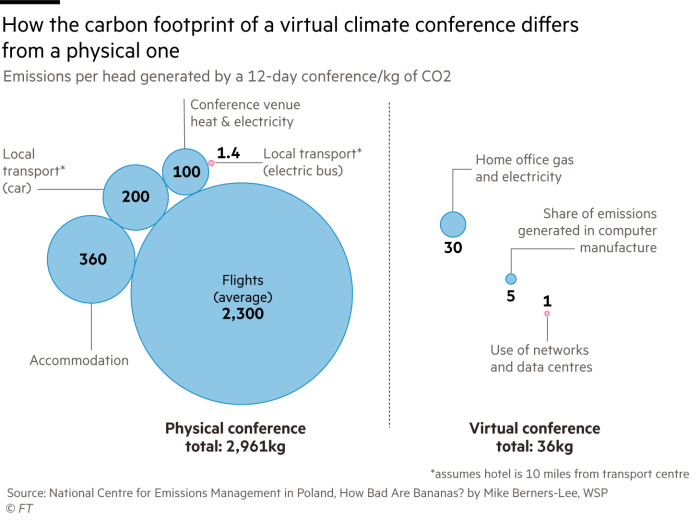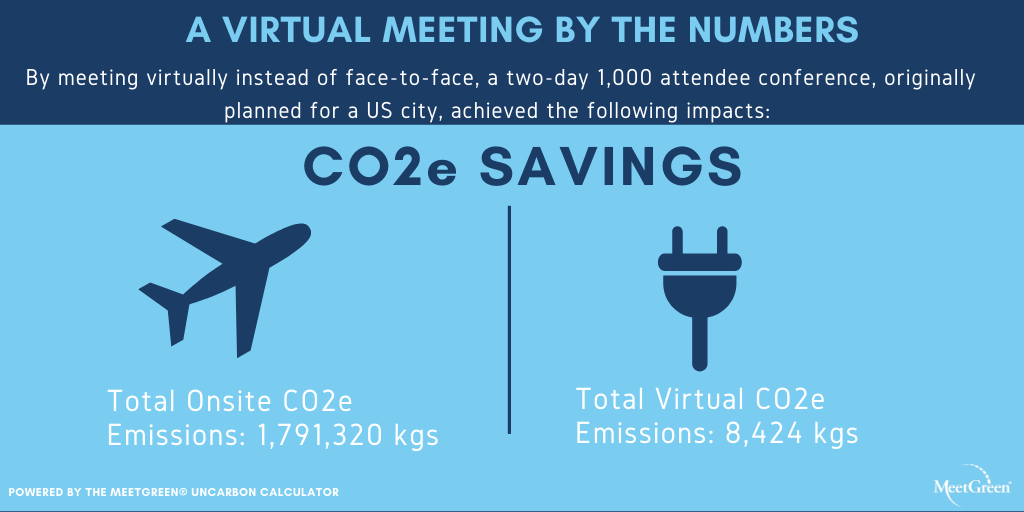The pandemic has changed our lives and ways of living in its own mysterious ways. It has left and embedded its footprints forever in almost every aspect of life.
Our existence has now been veiled, our survival seems like a threat just ready to be converted to full-fledged mortality, our food security stands crumbled with growing inequality in accessibility of our basic needs, our societies feel the threat of increasing unemployment, gender bias in terms of paid work, our education systems feel more distant and intimidating than ever.
We have grown more accustomed to meeting people on virtual platforms rather than in reality.
But while all our teaching mechanisms, judiciary, obtaining different clearances, corporate office world etc., have all shifted on Zoom, Webex, Duo Meet etc.
Is there someone to note how this inability in the form of simplicity, has changed our lives and in what aspects?
Work from home option has been prevalent nowadays due to a combination of health-related concerns, reducing the probability of social contact and the restriction guidelines.
It was the pandemic that could convince even the reluctant multi-national companies (MNCs) to allow their employees stay at home and work, maintaining the level of trust and name of the company.
Similarly, in the second wave of Covid around mid-March 2020, almost 26 crore children got affected with the closing of nearly 15 lakh schools across the country.
Coping up with the consequent learning losses, teachers and students have now adapted with the new ground realities of digital inclusion.
While this uninvited transition has impacted the mental comprehension of many, driving them deeper into the clutches of anxiety, depression, lower confidence levels etc., there have been speculations how this happened for good.
A study published in Nature Communications has emphasized the fact that promoting and undertaking online Conferences or even offering employees to work in a hybrid format, allows the private firms to stay productive in mitigating climate change at their individual level.
According to the estimates by Oxford Economics, billions of participants attending business meets contributed about $2.5 trillion of spending alone in 2017 for doing so.
And this burgeoning event industry standing at $1.1 billion in 2019 will only swell up to $1.5 billion by 2028.
That is encouraging for economics unless its inherent ecological infliction gets pointed out. This global conference industry has been contributing to 0.138 to 5.31 billion tons of CO2 equivalent (GT CO2e) per year until the pandemic paid its treacherous visit.
Co-author of the study has explained this to Mongabay: “There are significant carbon emissions incurred in the event industry globally. We believe shifting the conferences fully or partially online can slash a considerable amount of global carbon emissions.”
Believing the study’s estimates, shifting our work i.e. conferences alone to virtual, can reduce its carbon footprint by 94% and energy use by 90%.
Even a hybrid mechanism, creating a balance between work in office and office, can subsequently reduce a conference’s carbon footprint and energy usage by about two-thirds, considering at least 50 per cent people contribute in this manner.
This can be equivalent to avoiding 0.3% to 14% of global carbon emissions made.
Climate Scientists may welcome but what about the people concerned?
According to the survey, a staggering 74% of the survey respondents have supported the virtual conferences to even continue after the pandemic.
Reasons for the want of people to continue these virtual conferences include accessibility as first and carbon footprints and costs reduction as second while the reason to be against has been around poor network connectivity.
“I saved time by traveling to the conference venues/locations and avoided some potential logistics hassles in finding hotels and accommodations. I am glad that the ‘avoided’ transportation steps could help with climate change mitigation in general”, explains an employee interviewed.
The virtual opportunity has also increased the accessibility and widened the audience.
Besides, there seems to be no urgency that saving the ailing planet.
“The 2021 IPCC report indicates that if no reductions are made, the remaining carbon budget of 300-350 GT CO2 to remain with 1.5℃ (2.7°F) global warming will run out in 8.3-9.7 years. The reduction from virtual events can extend the deadline by around 1.5 more years.”



